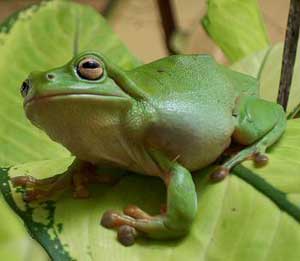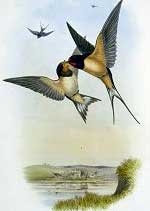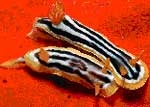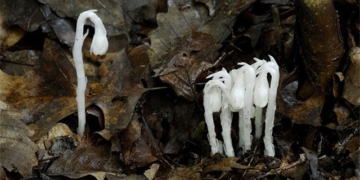 Some species of Australian frogs produce their own insect repellent by mimicking the smell of rotting meat, the scent of musk leaves, or the aroma of grilled peaches.
Some species of Australian frogs produce their own insect repellent by mimicking the smell of rotting meat, the scent of musk leaves, or the aroma of grilled peaches.
Research conducted by Assistant Professor Mike Tyler from the University of Adelaide and entomologist Craig Williams from James Cook University reveals that frogs secrete a variety of chemicals through their skin, including hallucinogens, sticky substances, and antibacterial agents, to combat infections and deter potential predators.
“We wanted to test Tyler’s hypothesis that frogs produce an insect repellent,” Williams stated.
The team studied five species of Australian frogs, including the green tree frog. Using massage and acupuncture techniques, they stimulated the muscles beneath the frog’s skin to promote secretion.
“We found that frogs produce various chemicals in their skin, and these substances seep out through pores when they are stressed,” Williams explained.
The secretions had different odors depending on several factors, including diet. Some of these substances were capable of repelling mosquitoes.
The team also tested the secretion from an Australian green tree frog on a mouse, which successfully avoided mosquito harassment. Researchers noted that this is the first time a vertebrate has been discovered to have the ability to repel mosquitoes.
However, the frog’s secretion is not as unpleasant as DEET—the main ingredient in most commercial insect repellents. Despite this, Williams does not believe that the research will lead to a new line of natural insect repellent products.
T. An





















































